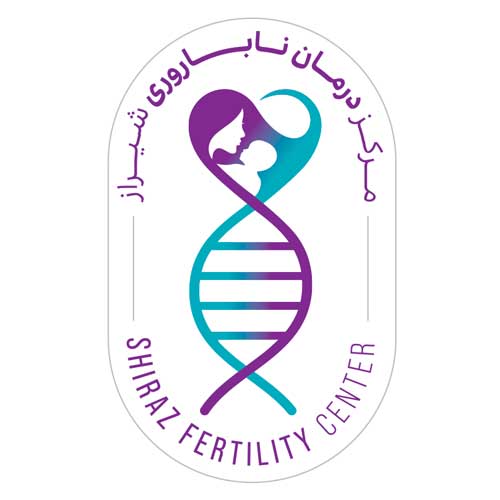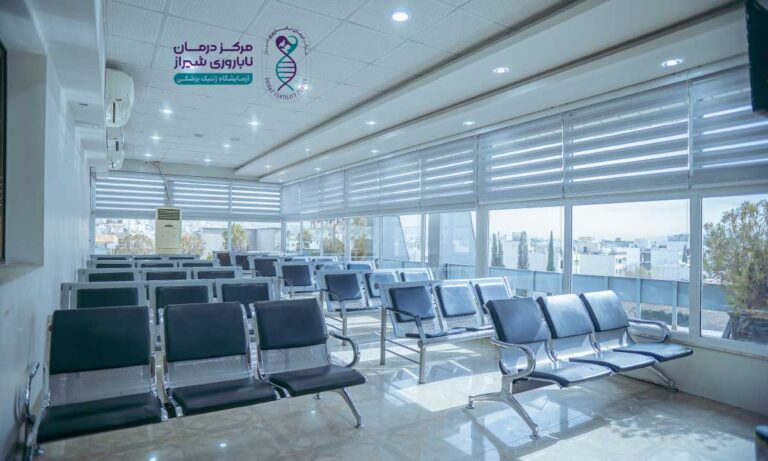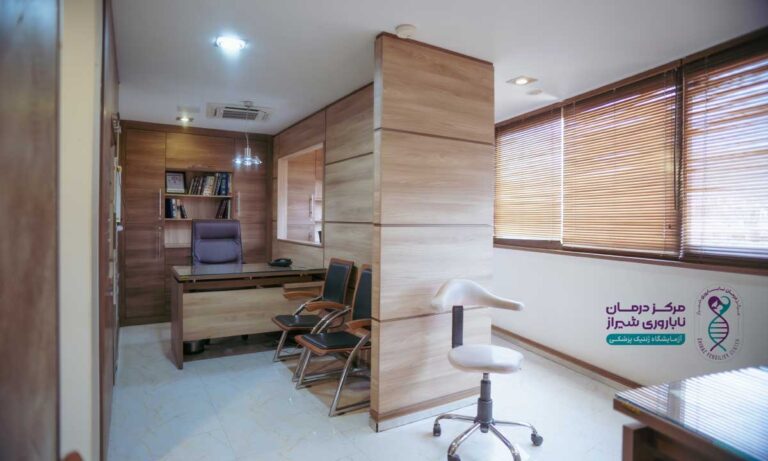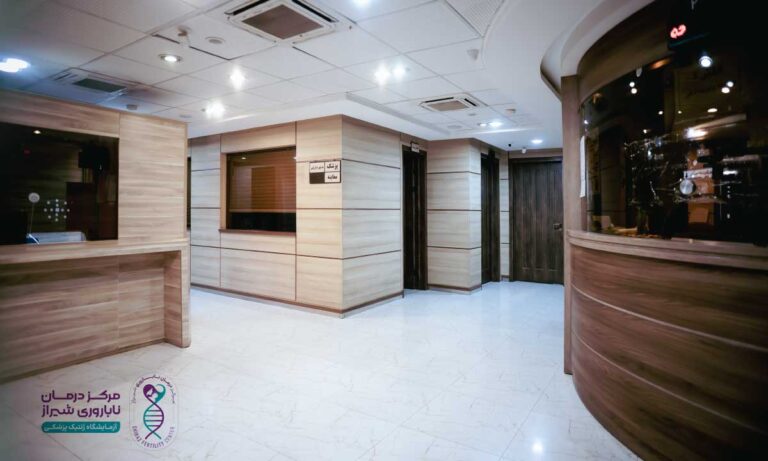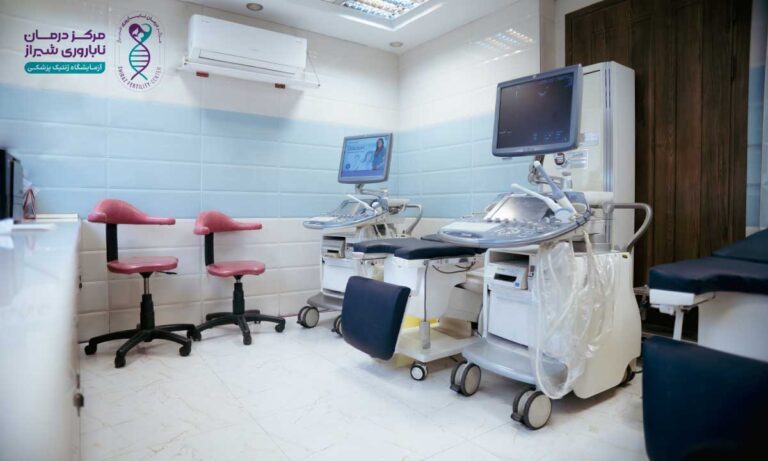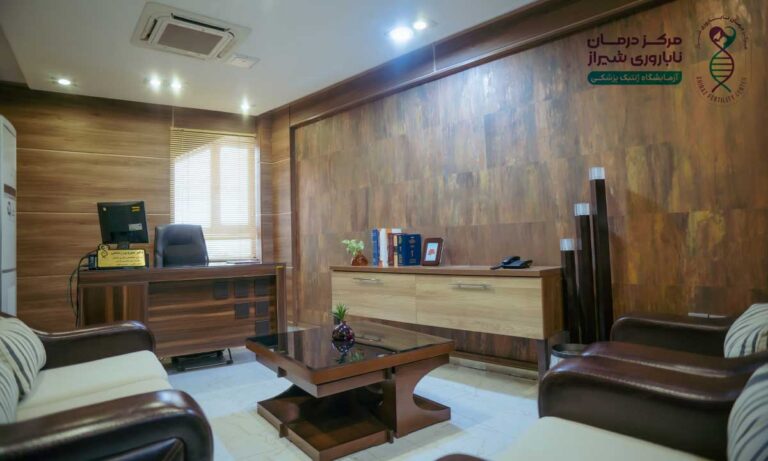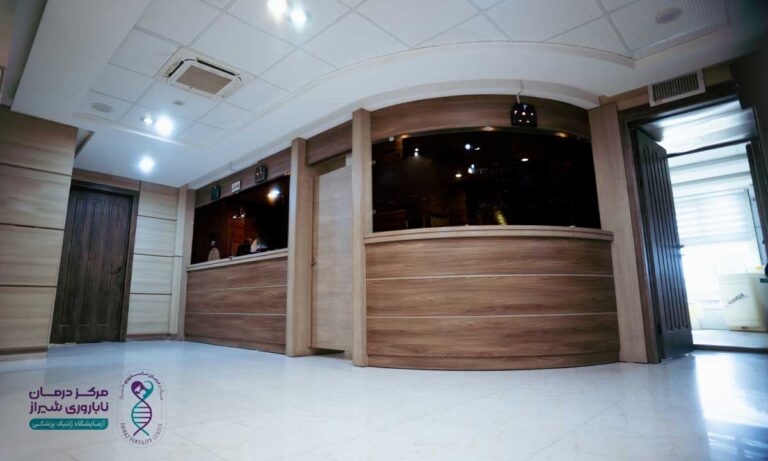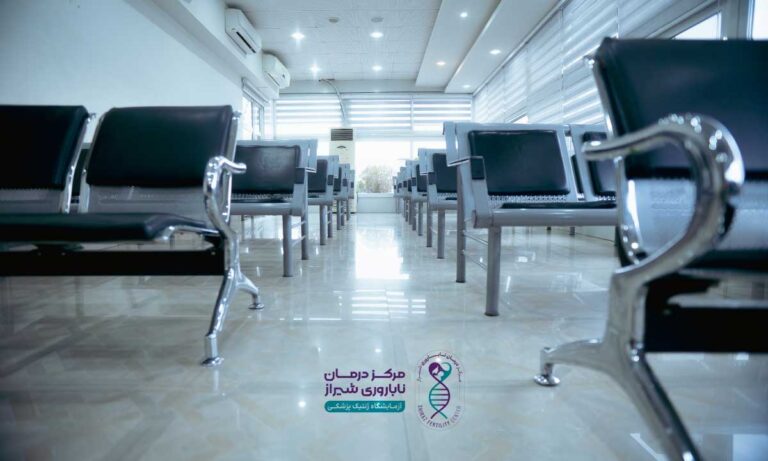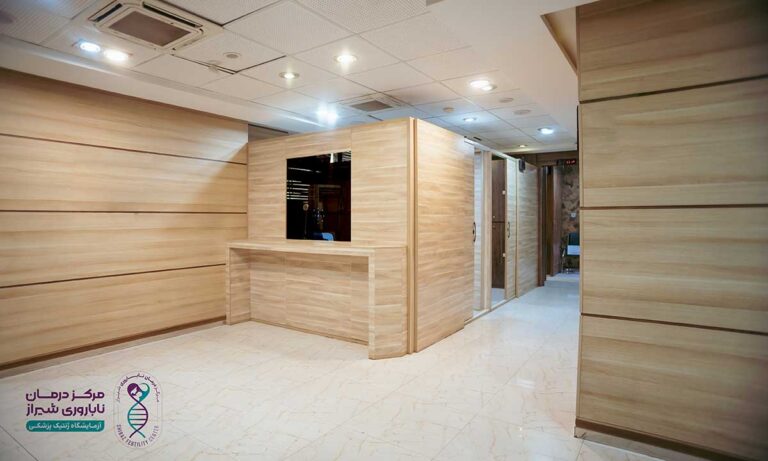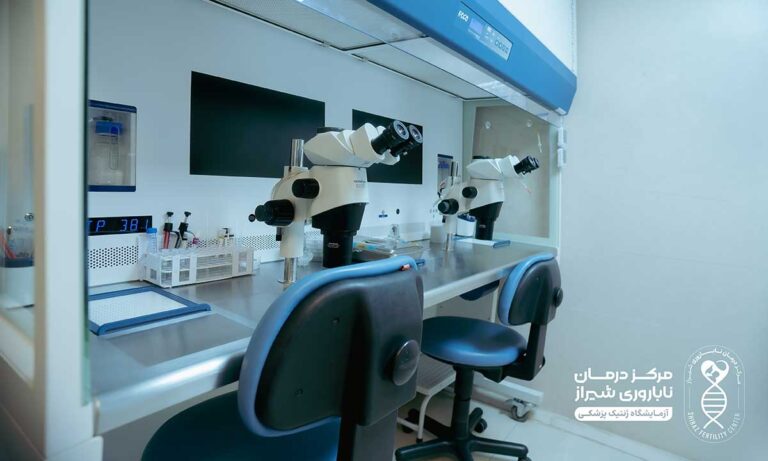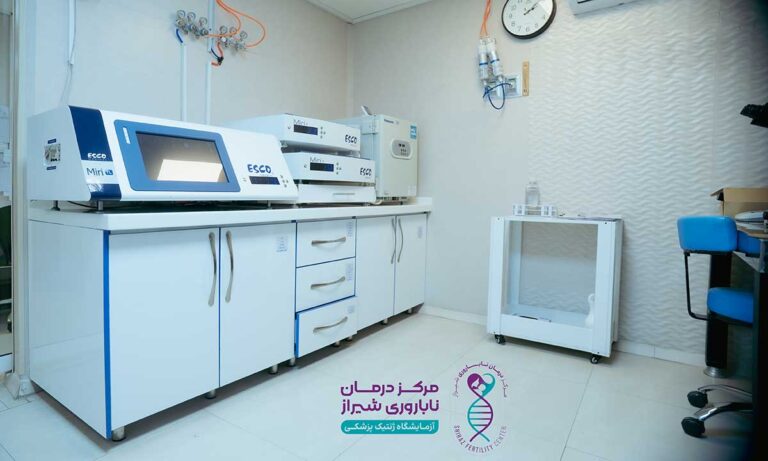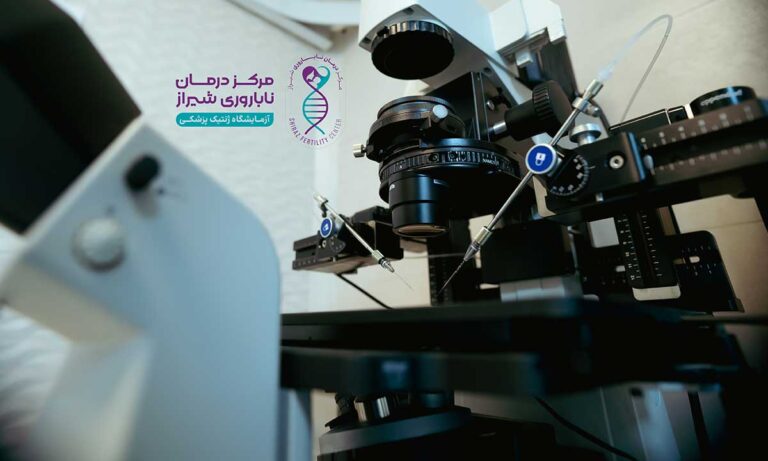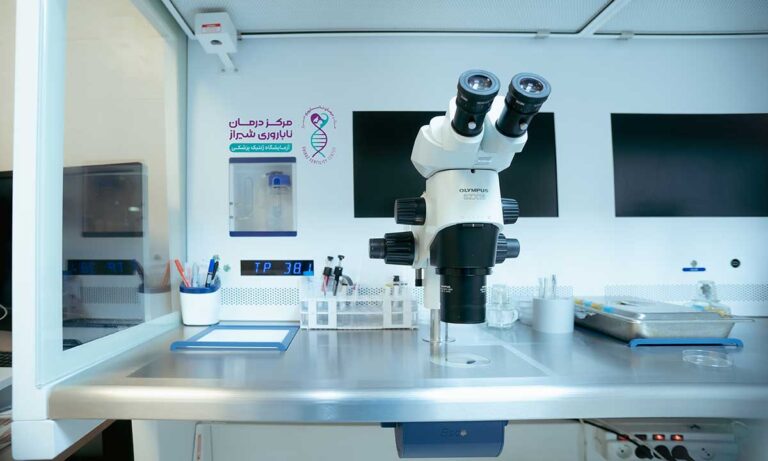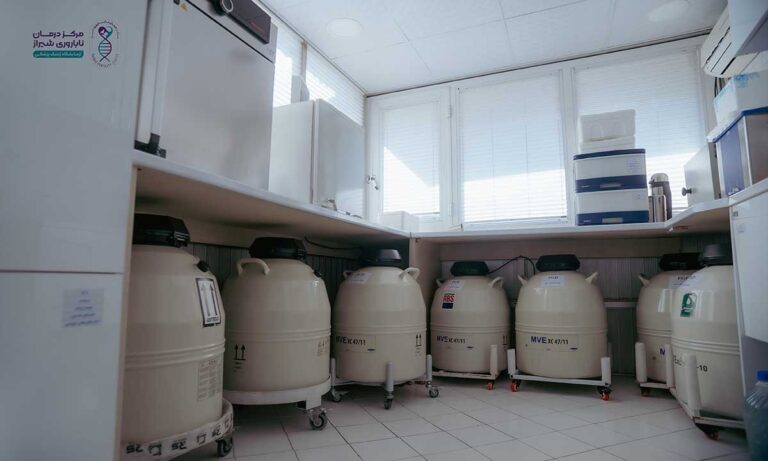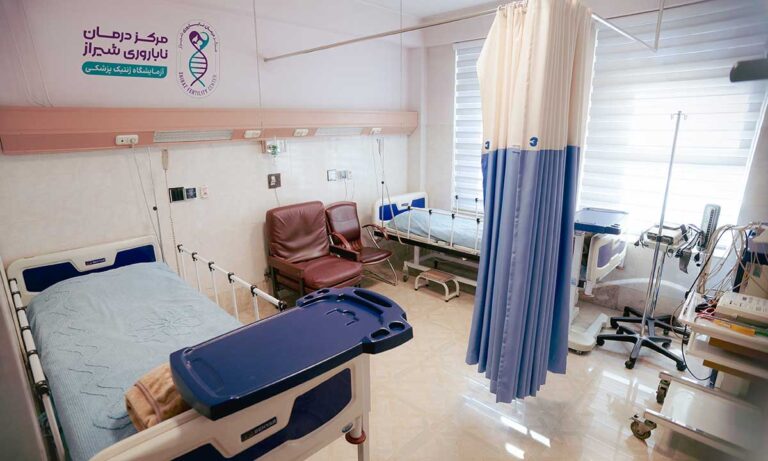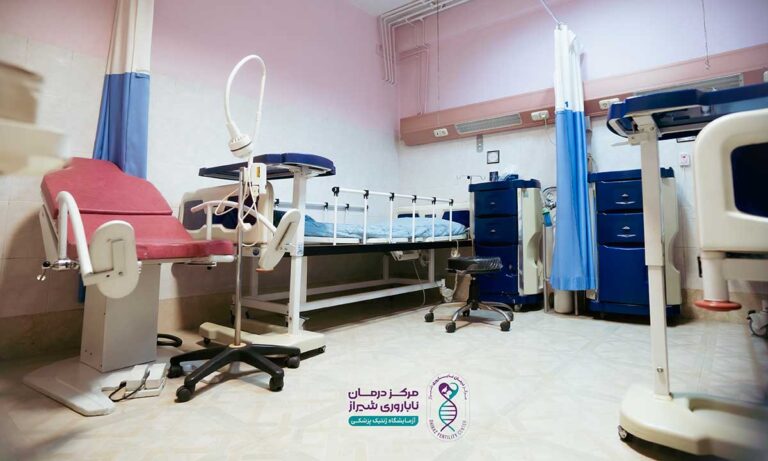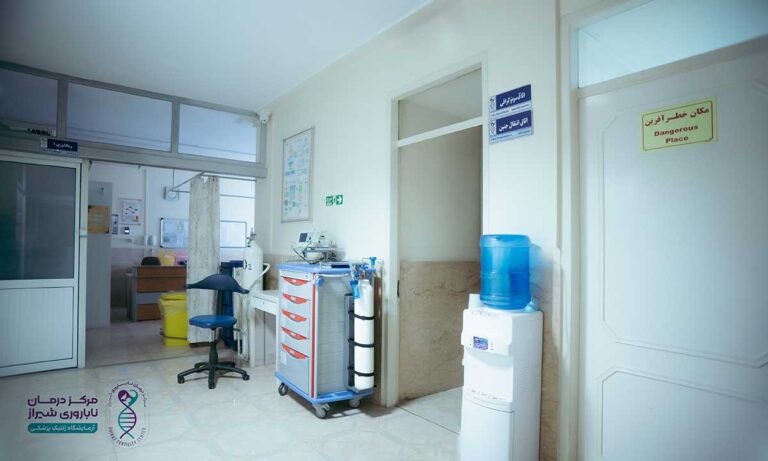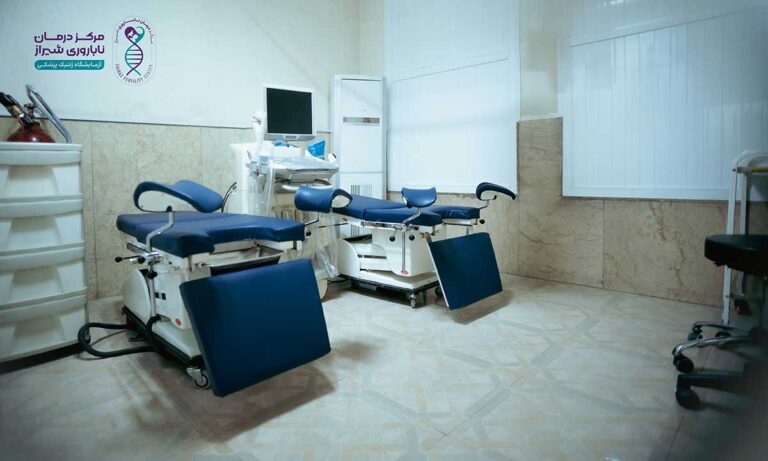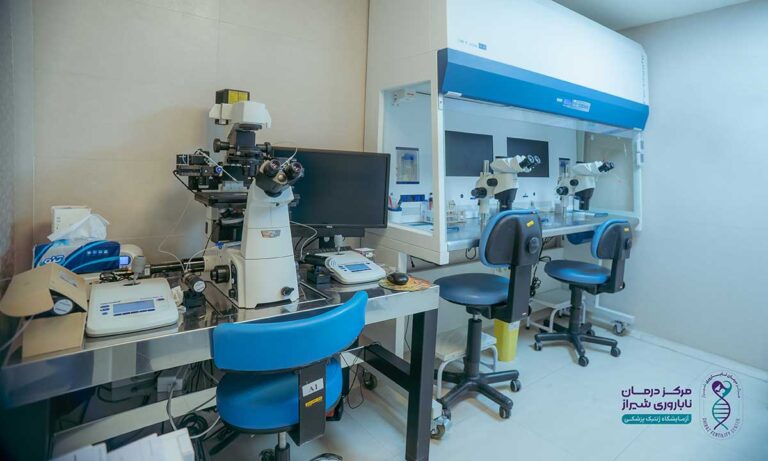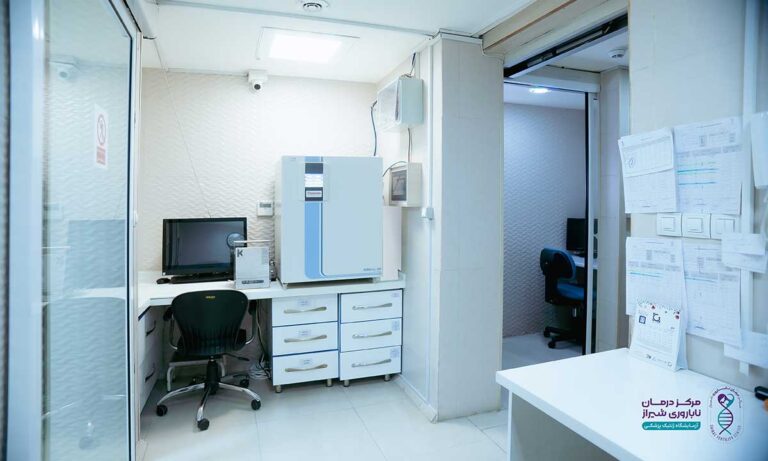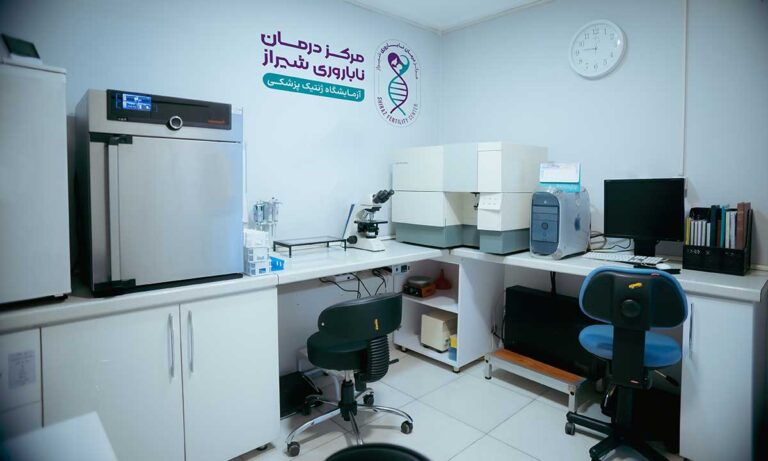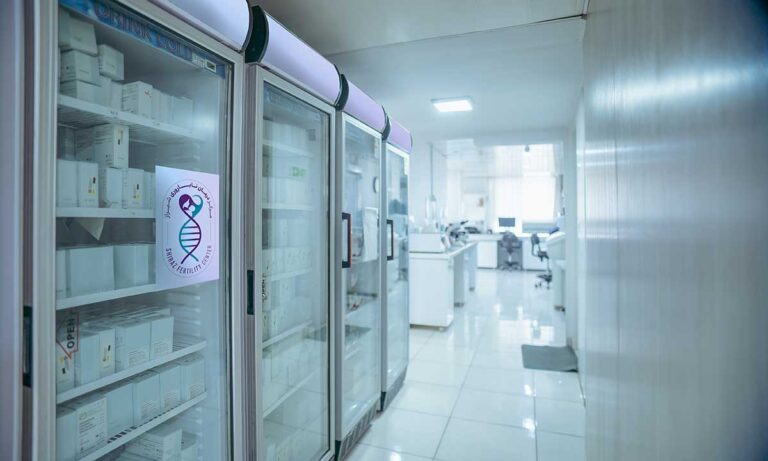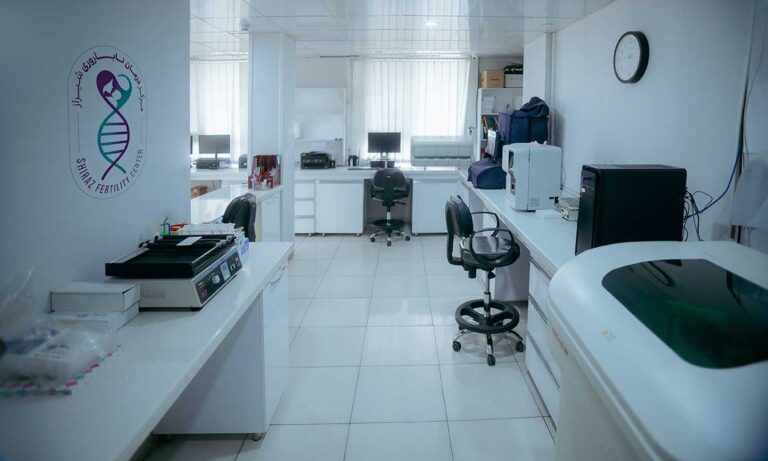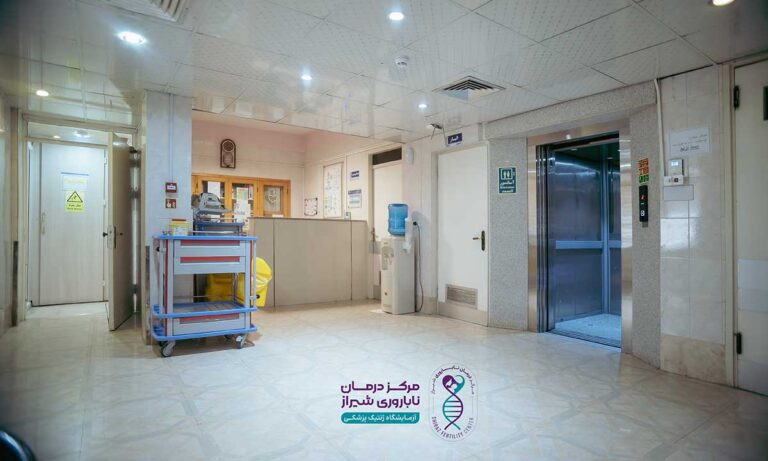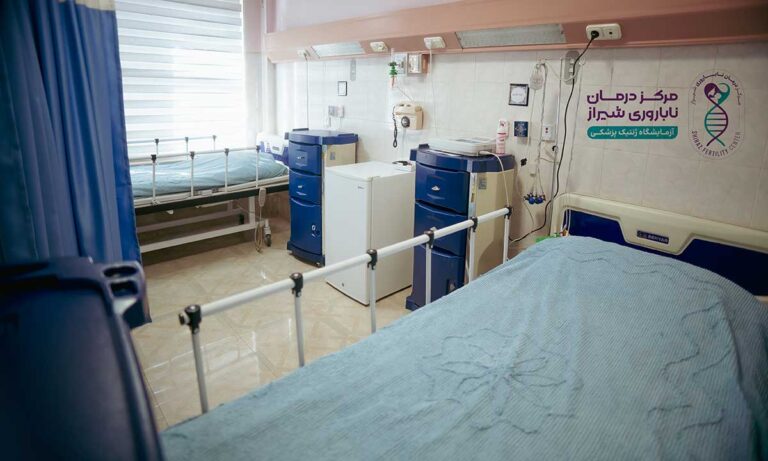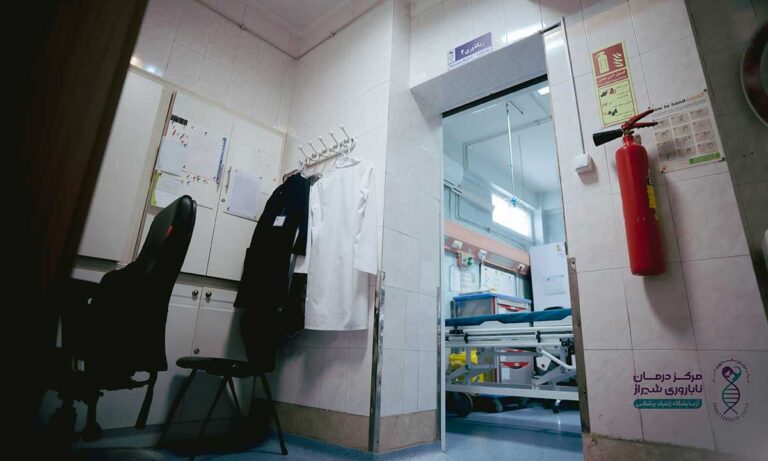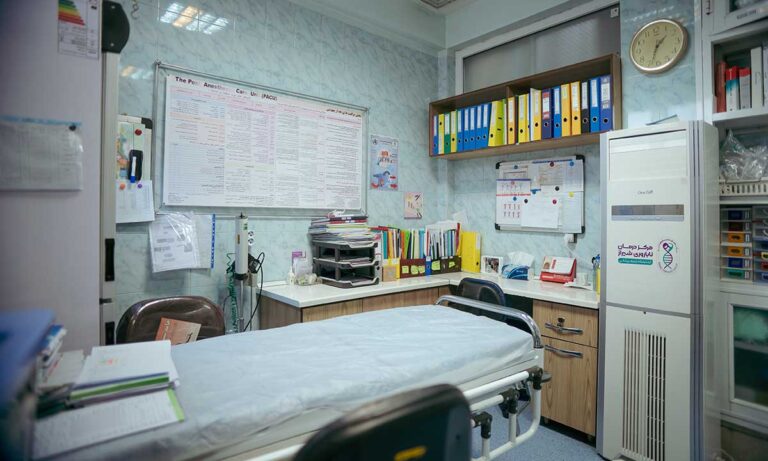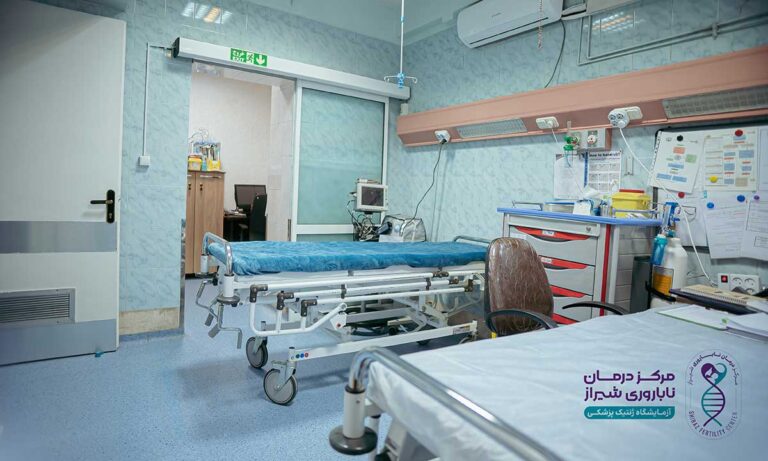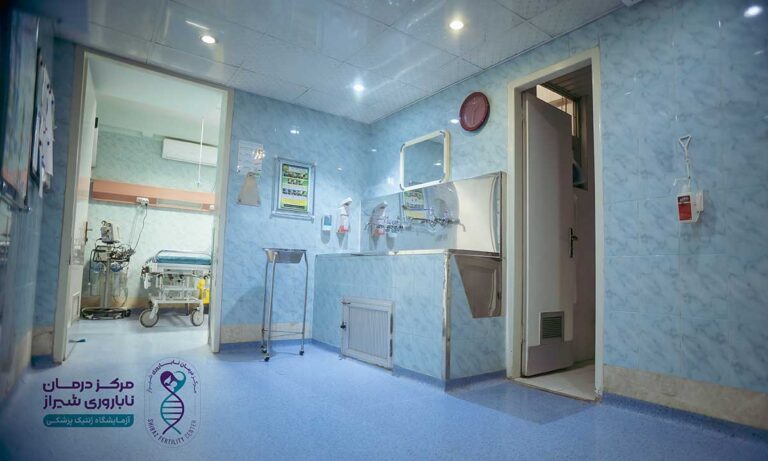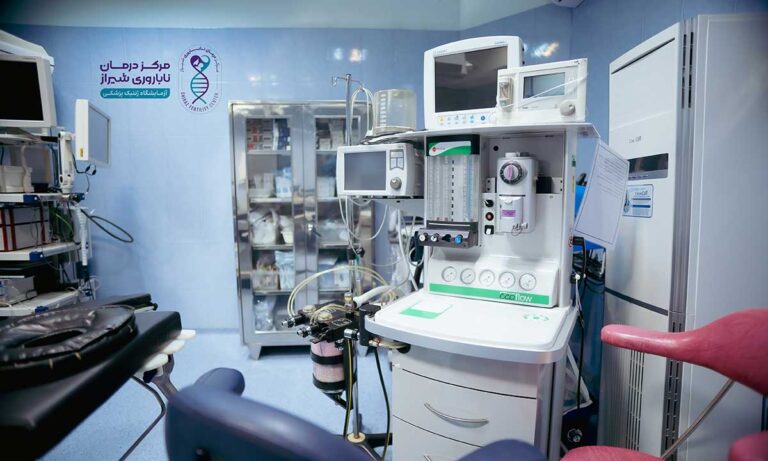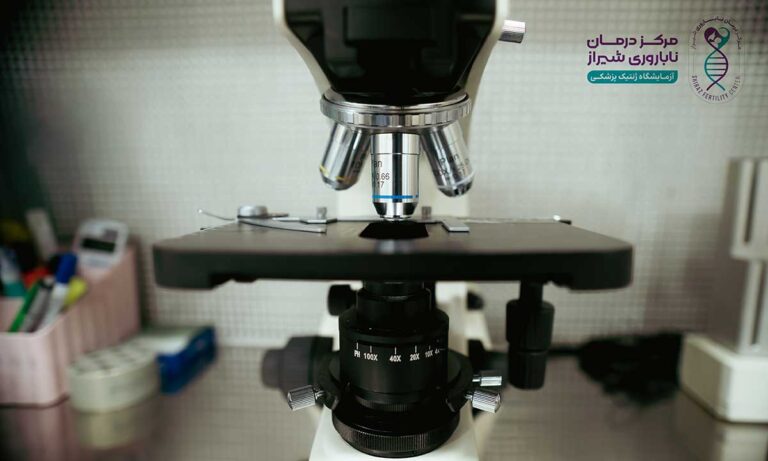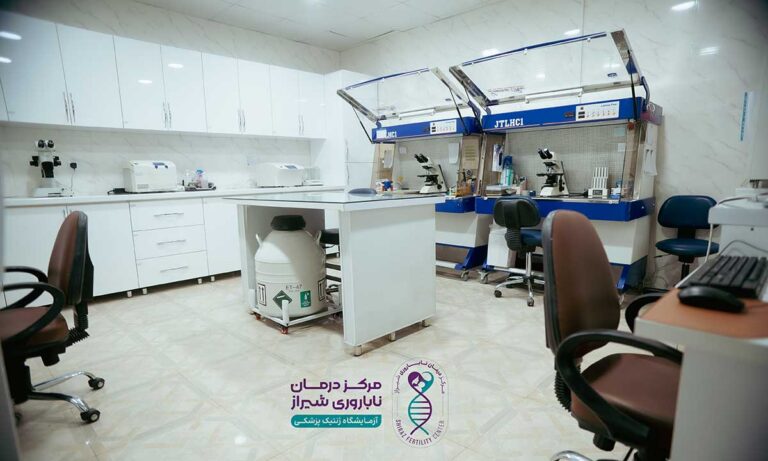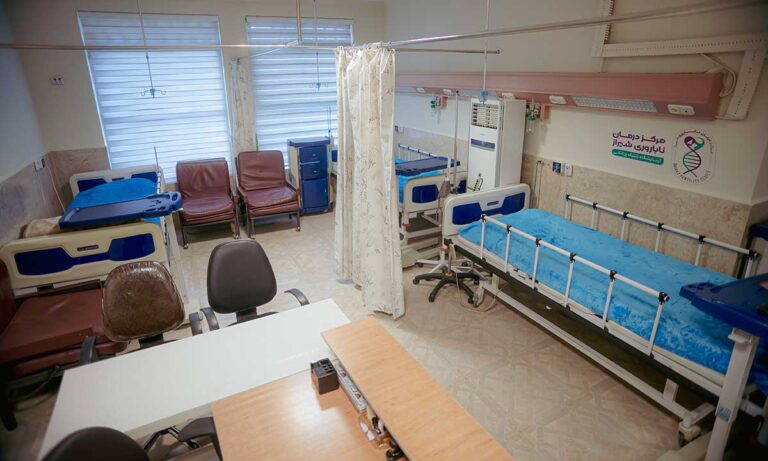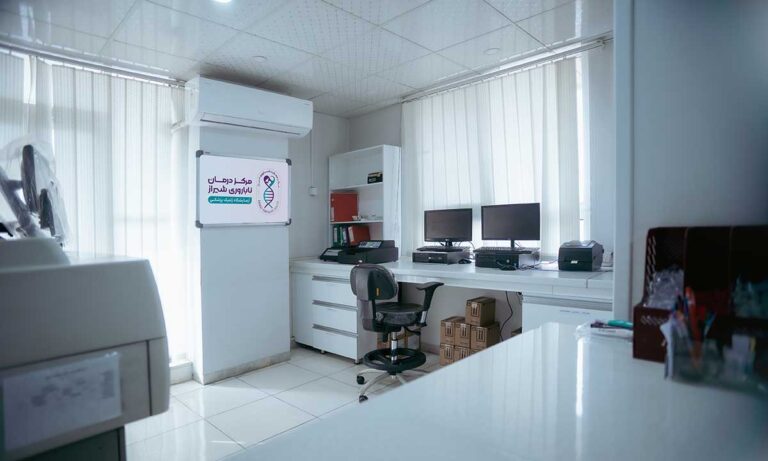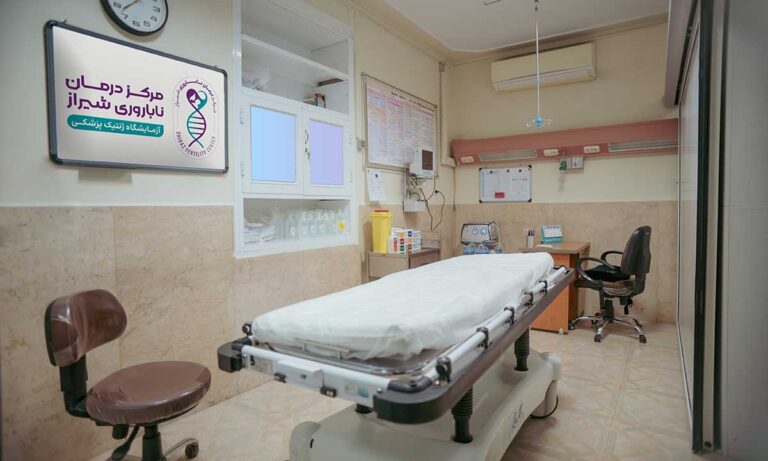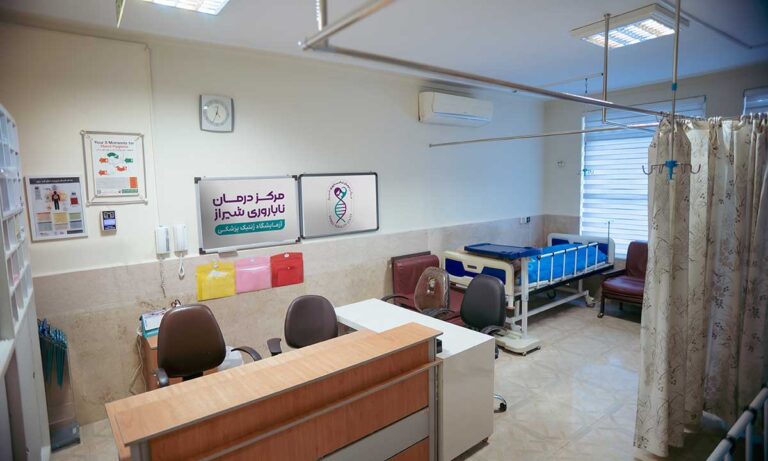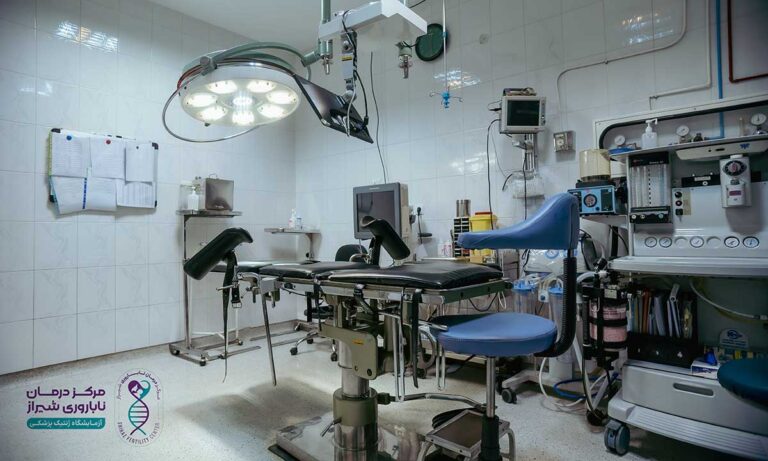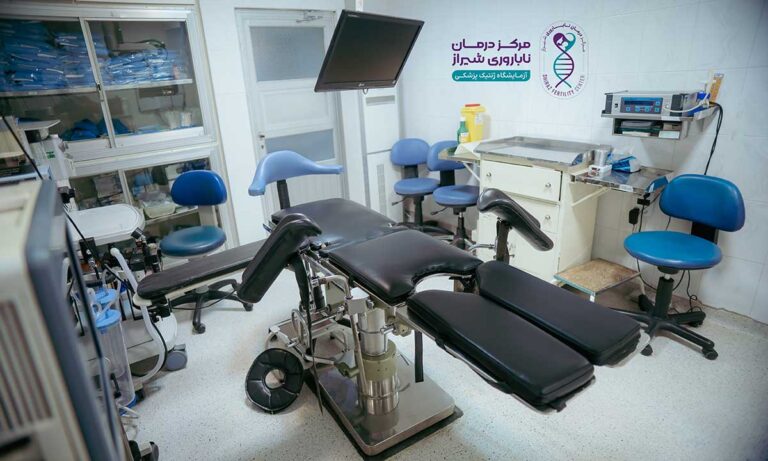Treatment Center
Shiraz Infertility
Dr. Rostami
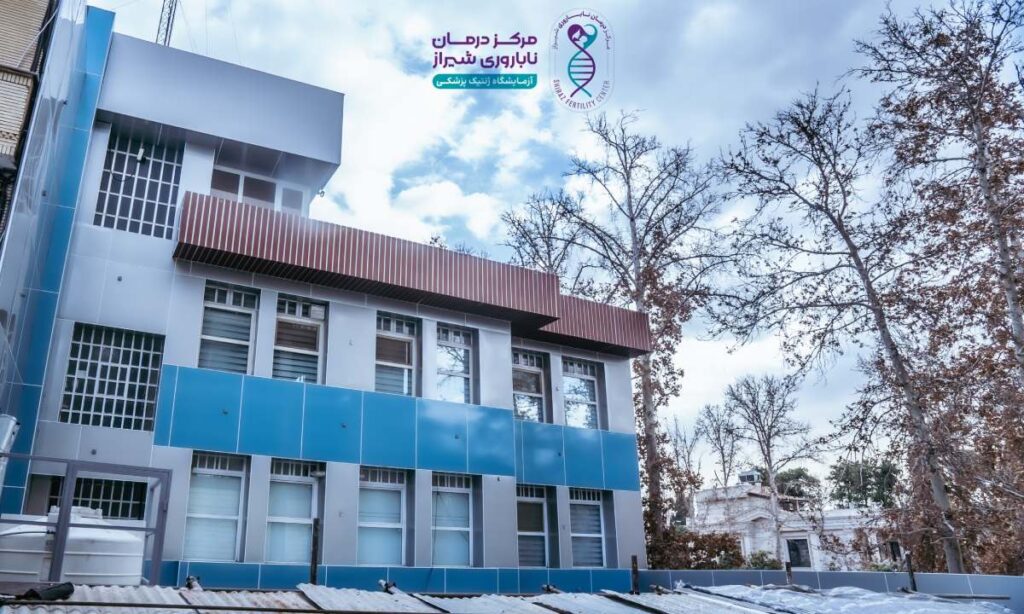
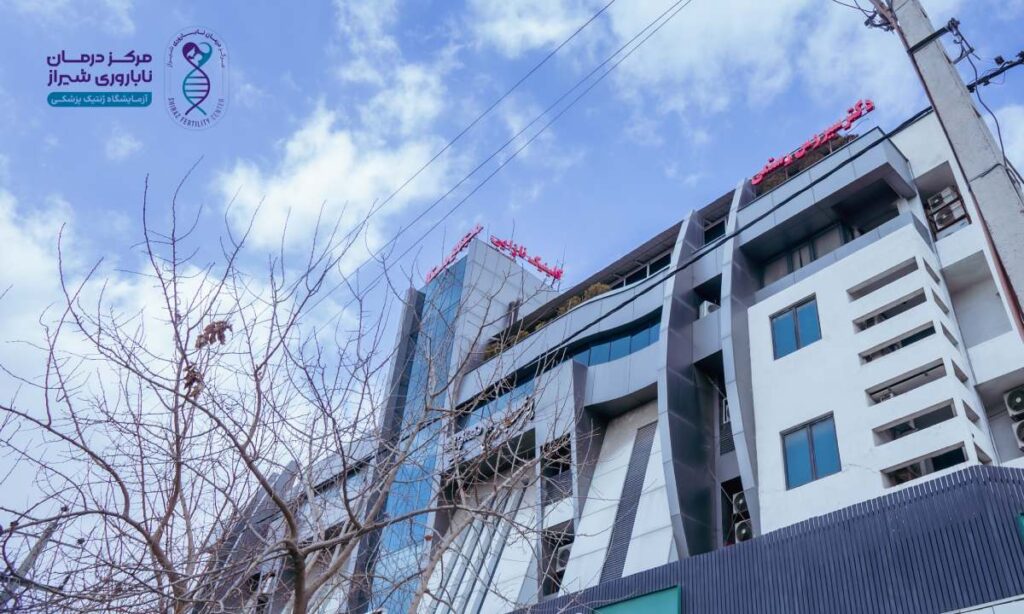
Why Shiraz Fertility Center?
The Shiraz Fertility Center commenced its official operations in Fars Province and the southern region of Iran in 1993. Over the years, it has garnered significant experience and achieved remarkable successes in the field of infertility treatment. With the expansion and integration of various departments, particularly the advanced medical genetics laboratory, the center remains dedicated to its noble goal: bestowing healthy, disorder-free children upon families and bringing joy to their hearts. By employing cutting-edge equipment, state-of-the-art techniques, and a team of highly skilled, experienced, and dedicated professionals, the center stands ready to serve patients from both within Iran and abroad.
Fertility Treatment Center Admissions
Inpatient admissions require prior coordination with the relevant clinic.Inpatient admissions are accepted from Saturday to Wednesday between 7:30 AM and 2:00 PM, and on Thursdays between 7:30 AM to 1:00 PM.
Please visit the center one day prior to your scheduled appointment to complete the procedure file for (…,IVF, MICRO, LAPAROSCOPY, HYSTROSCOPY).
Please visit the center between 8:00 AM and 1:00 PM on all days except holidays to sign the freezing contract.
Some of the services provided by the Shiraz Fertility Center are as follows:
Infertility consultation and initial visit
Gynecological Diseases
Male Infertility Evaluation
Fertility preservation
Gender selection
Genetic Testing Services
Initial prenatal visit
Recurrent miscarriage evaluation
Preimplantation genetic diagnosis and treatment
Clinic admissions
Dr. Rostami's clinic hours are from 3:00 PM to 8:00 PM, Saturday to Wednesday.
Consultation appointments
Genetic counseling is available on Saturdays, Mondays, and Wednesdays from 2:00 PM to 4:00 PM.
Genetic admissions for file creation, test results, and scheduling consultations.
Open from 7:30 AM to 7:00 PM Saturday to Wednesday and 7:30 AM to 1:00 PM on Thursdays.
Andrology lab admissions (S/A).
Open from 1:00 PM to 2:00 PM Saturday to Wednesday.
Genetics lab admissions.
Open daily from 8:00 AM to 12:00 PM.
Medical team
Shiraz Fertility Center

Dr. Sirous Rostami
Gynecologist, obstetrician, infertility fellowship

Dr. Reza Pazhoomand
Medical Geneticist

Dr. Mehrdad Sedighi
Anesthesiologist

Dr. Mojdeh Hosseini
Obstetrician-Gynecologist, Infertility Specialist

Dr. Masoud Lahsayaei
Anesthesiologist

Dr. Fatemeh Haghighi
Obstetrician-Gynecologist, Infertility Specialist

Dr. Shirzad Hosseini
Embryologist

Dr. Roozbeh Ghaffari
Anesthesiologist

Dr. Gooya Madadi
Obstetrician-Gynecologist, Infertility Specialist

Dr. Ghasem Khosravani
Ph.D. in Laboratory Sciences
Achievements of Shiraz Fertility Center (Dr. Rostami)
- The first fertility treatment center in southern Iran and the second in Iran (after Shahid Sadoughi Yazd Center).
- The first IVF baby was born in southern Iran (August 1994).
- The first baby born through (ICSI) in southern Iran, just one week after Shahid Sadoughi Yazd Center.
- The first baby born through TESE+ICSI in southern Iran.
- The first clinical cardiac pregnancy through IVF (1993).
- The first baby born from injecting frozen sperm from a frozen testicular biopsy into a frozen egg in 2006.
- Birth of a healthy baby through IVF, despite 10 years of embryo freezing.
- Over 30,000 oocyte retrievals performed to date.
- Over 400,000 embryos created through in vitro fertilization to date.
- … egg freezing procedures performed for women who, for various reasons, do not actively plan to marry or have children and are at risk of reduced ovarian reserve or women undergoing chemotherapy.
- Treatment of the first child with thalassemia major through HLA-matched PGD using a newly born brother via PGD-IVF in Iran.
- First PGD performed for three disease genes simultaneously in Iran.
- First thalassemia PGD in southern Iran.
- First CGH array-PGD performed for parental chromosomal structural abnormalities in southern Iran.
- First PGD for gender selection in southern Iran.
- More than 10,000 PGD procedures performed for gender selection.
- Over 800 molecular PGD procedures performed to prevent the transmission of genetic diseases.
- More than 500 CGH array-PGD procedures performed for chromosomal structural abnormalities.
- Over 200 PGD procedures performed due to recurrent miscarriages.
- Over 150 PGD procedures performed due to failed IVF attempts.
- Over 150 PGD procedures performed for advanced maternal age to ensure a healthy and successful pregnancy.
